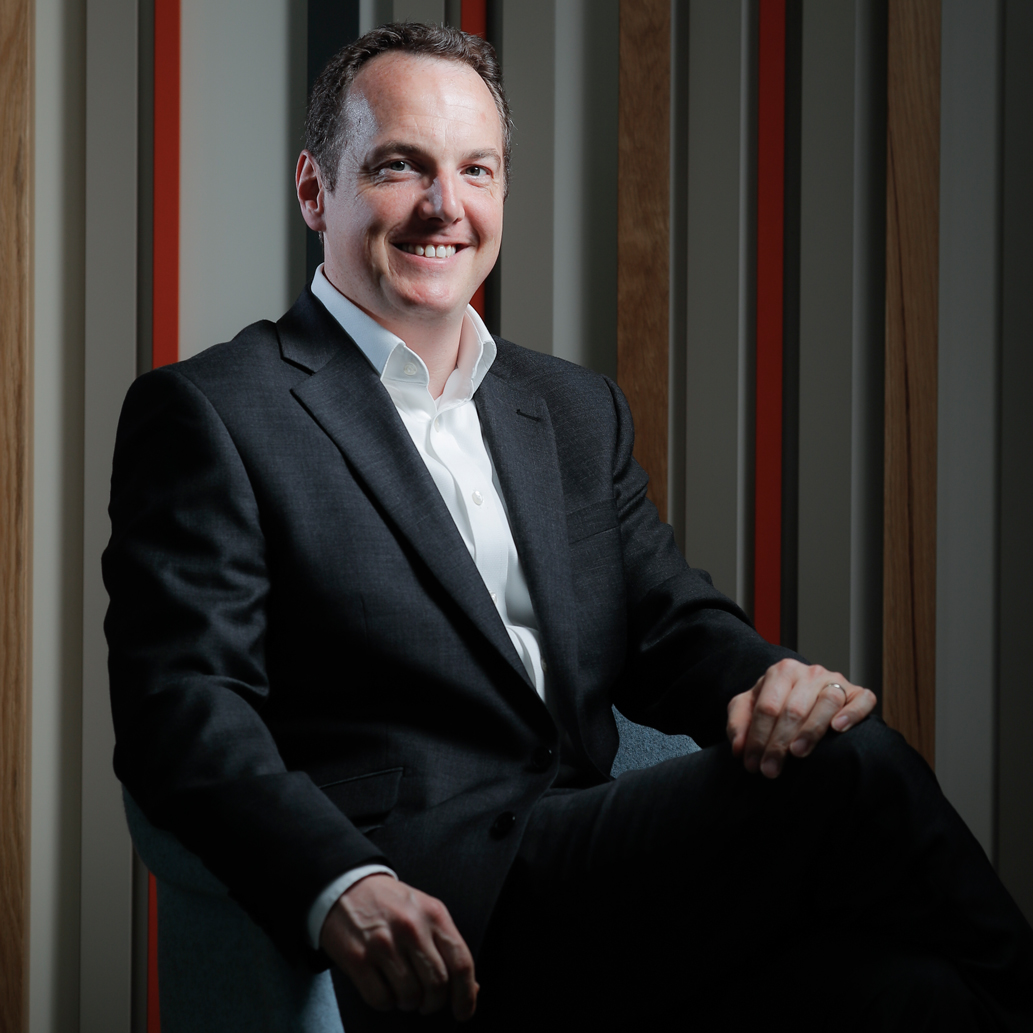The boom days of the British oil and gas industry in the 1970s and 80s seem like a different world. Today, extraction is hard won, and the tougher it is, the further and deeper the exploration, and the greater the reliance on technology and science. The Oil and Gas Authority’s role is to regulate, influence and promote the UK oil and gas industry in order to maximise the economic recovery of domestic resources, attract investment – and, with that, jobs.







